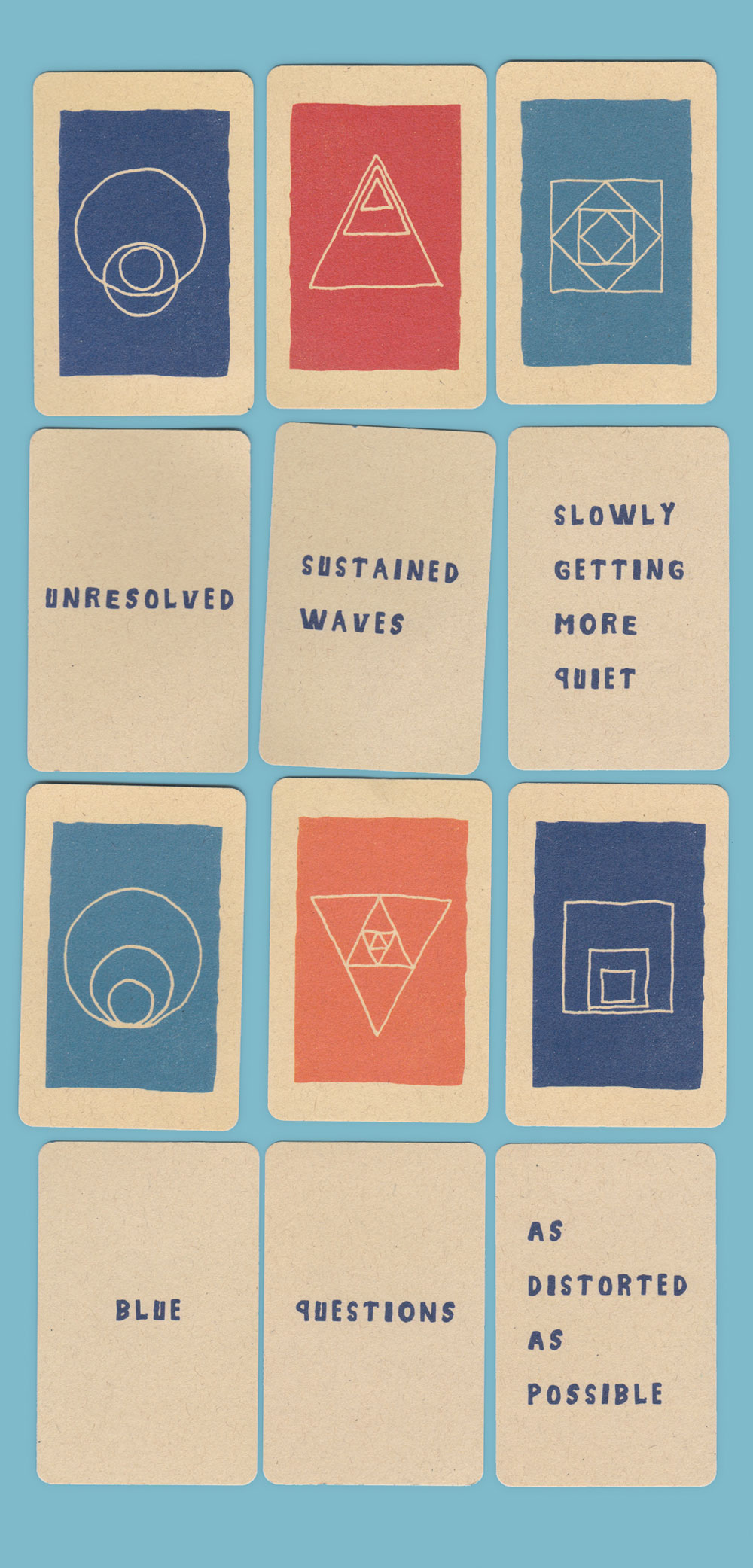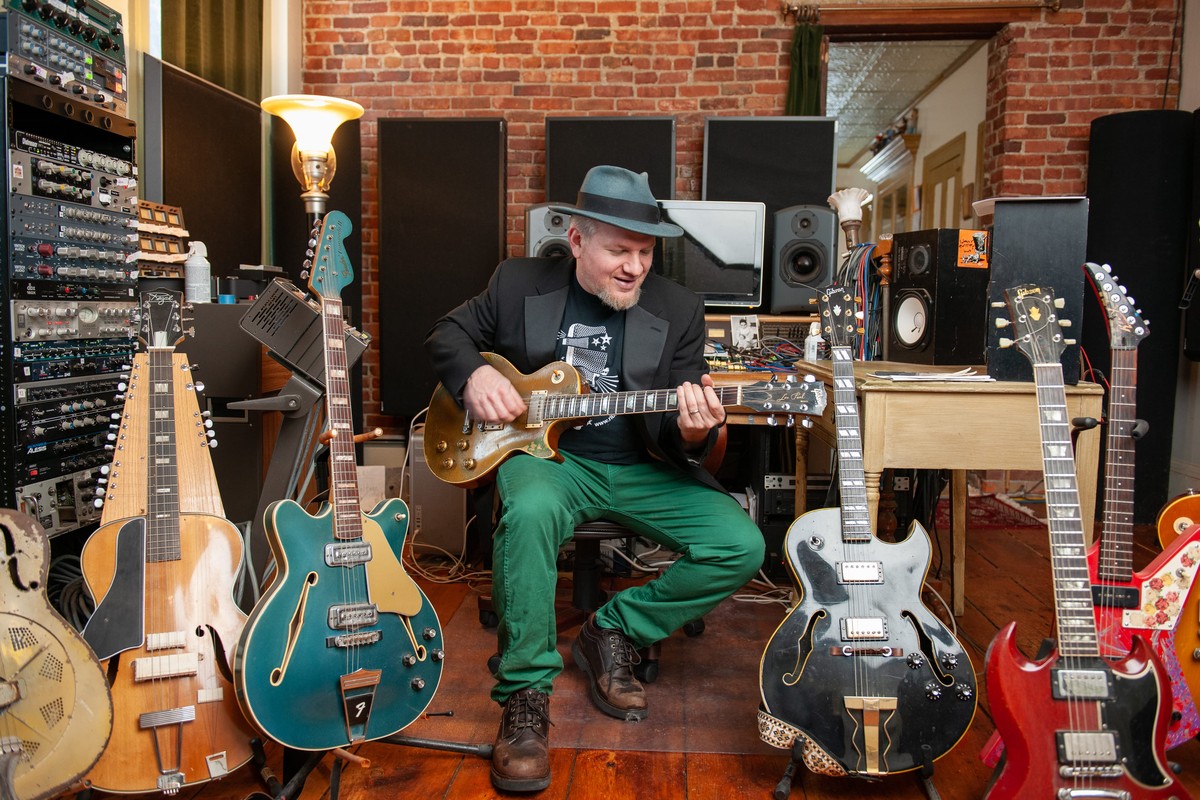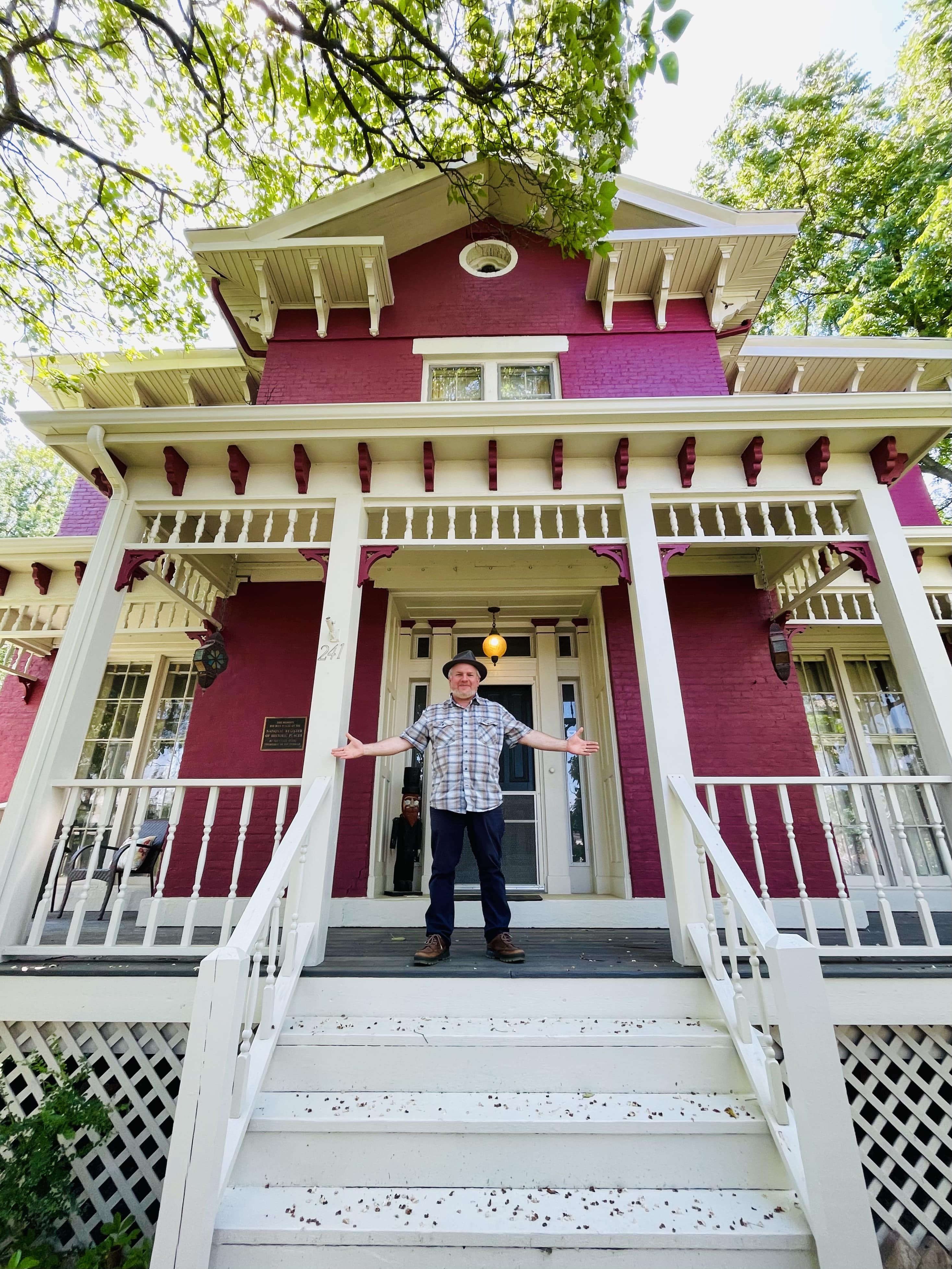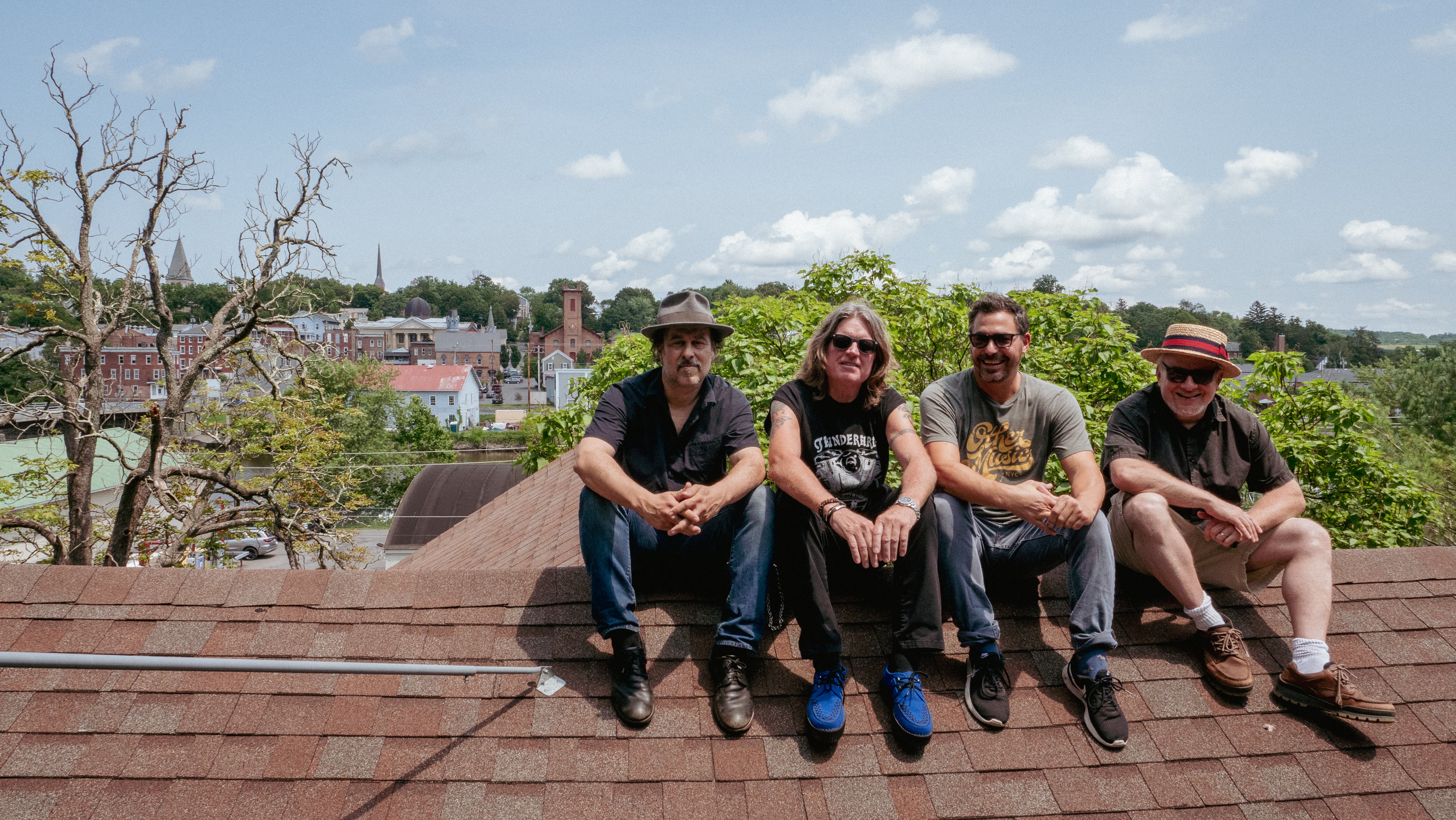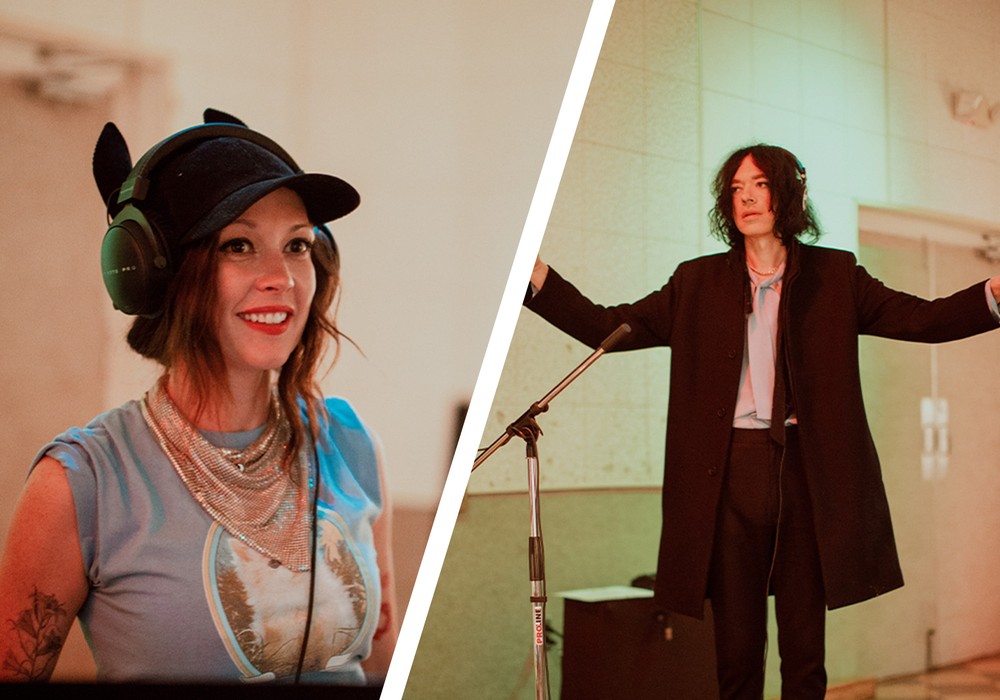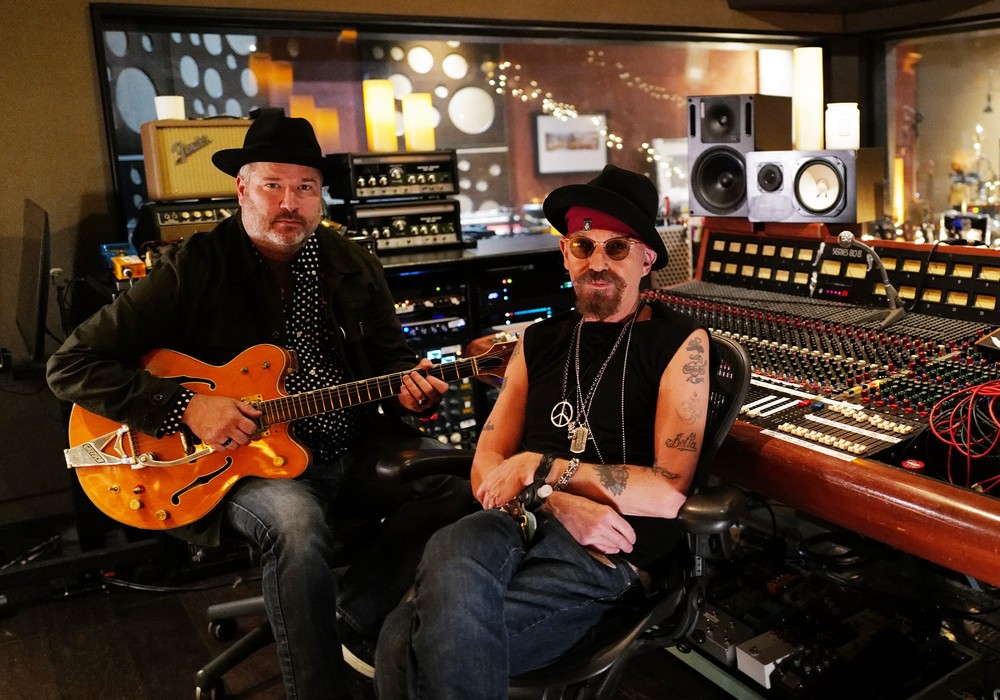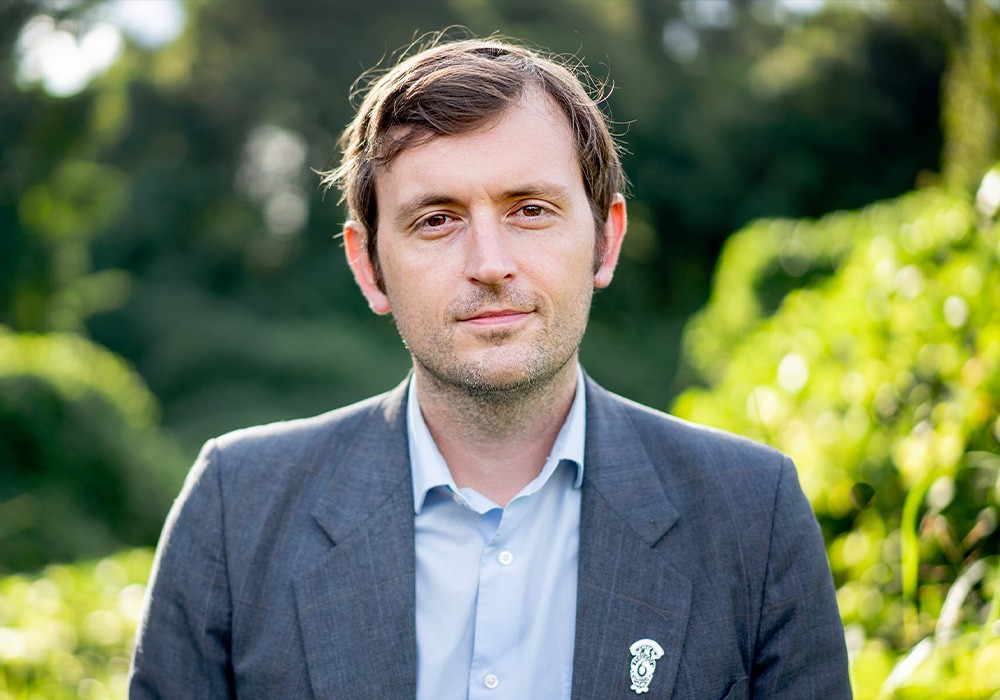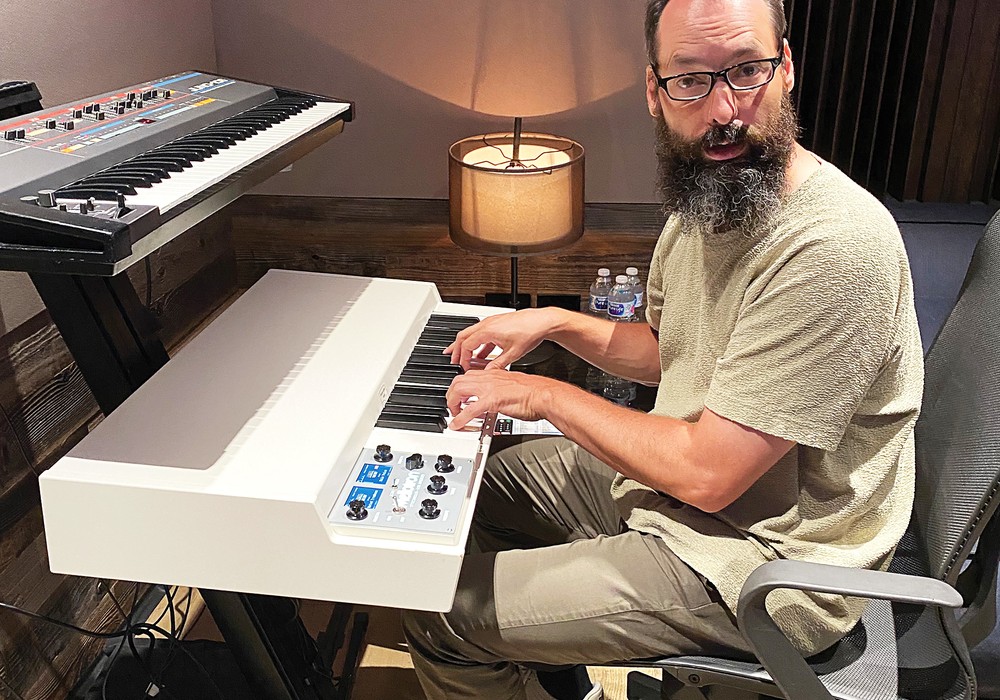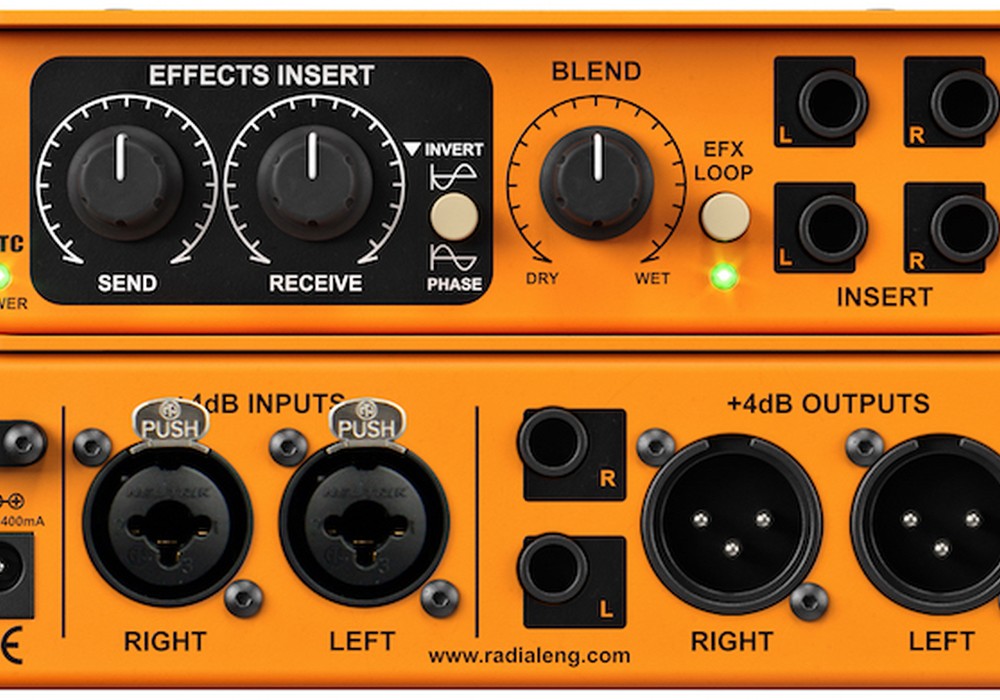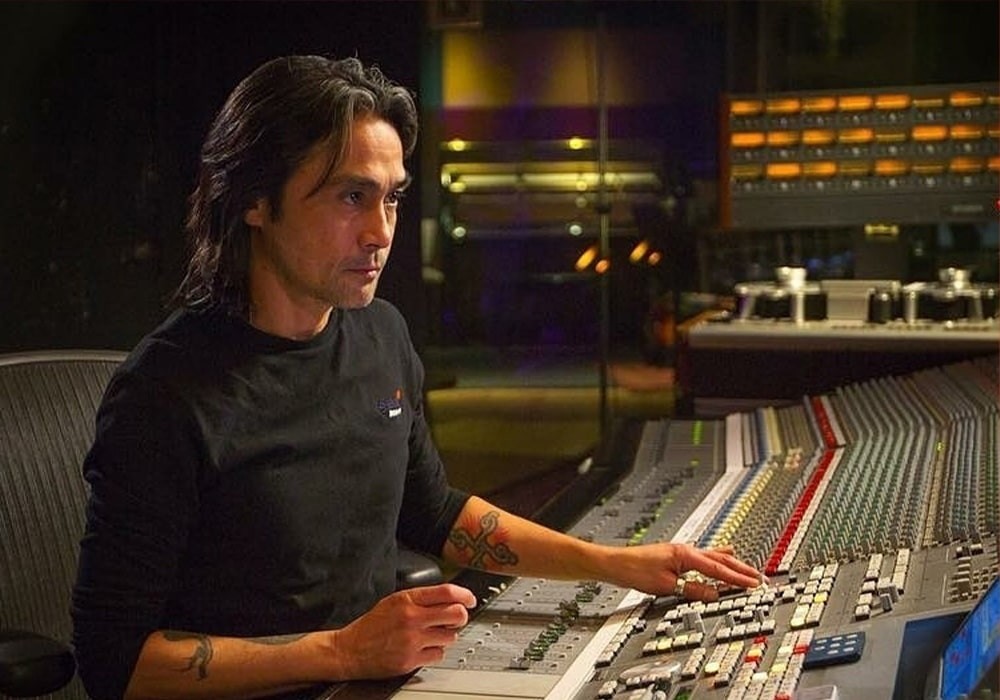Feature Photo: Kenny Siegal Photographed by Rayon Richards
One of the thoughts I push back on is when people say "there's only one way" to making records.
Right. It's part of our jobs, as we get older, to stay open. To remain creative. The more I live, the more I actively work to make sure that I don't close up. It's one of the reasons that I play music so much, and I continue to write songs. Producing is a skill for me, and so is engineering, but playing and writing music is a quest. I have to stay on it and keep doing it, and there’re so many benefits to that.
Some artists are slow to release albums and others churn records out.
I've been through prolific phases in my lifetime, where I felt I didn't have time to perfect anything. I used to say to myself when I was younger, "One of these days it will slow down, I'll look back, and I'll maybe work on the craft a little bit more." It took a long time for me to slow down. I'm going to be 50, and we started a family, had two kids, and their energy was so intense that I had to slow down just to be a parent.
Yeah. I never had kids, partly because of what I was doing.
In some ways it feels like sometimes I'm trying to do the impossible. My wife is an amazing songwriter and musician, and so music is very real in our home. The kids now are playing, and it's incredible that it didn't skip a generation. They love it. Music is the language at home.
I would imagine. Is the studio connected to your house?
I'm here at Old Soul in Catskill, and this is a 3,500 square foot brick building built in 1855. There are five bedrooms here, but we don't live here. We lived here when our first daughter was born, but it became evident pretty quickly that it was not possible to live in the studio. Bands travel here, and they come here from the city a lot and they stay here and record. Mixing all that with family was not possible!
No, I can't imagine! [laughter]
We live about 20 minutes from here. We have a small house, and we have a little shack on the property that we turned into a studio. I needed instruments where our family was. We call it "Little Soul." It's got enough cool shit in it to make good recordings. If somebody else is working or making a record at Old Soul, I can still be creative there.
Did that come in handy during the early pandemic?
The pandemic and the shutdown had forced me to embrace remote working. On the new Hunk record [HUNK II], we worked with Jack Douglas and Jay Messina [both in Tape Op #90]. They mixed the record. It was an incredible creative experience for me and the band. I had to prep the tracks, essentially pre-mixing, and what I realized quickly was that the more work I did before I sent them the files, the better it was going to go. It was an interesting process, especially with the way I work. It's almost like two separate minds. When I'm creating, I don't want to stop to be organized. I find that to be a separate part of my brain. I like to work fast, with a lot of energy. I try to get the best out of everybody who's involved, including myself as a player. With that in mind, I had to do the comping, the muting schemes, and consolidating files. I was making sure the levels were communicating in the way where the energy rises, where the energy dips. I didn't leave it to Jack and Jay to...
